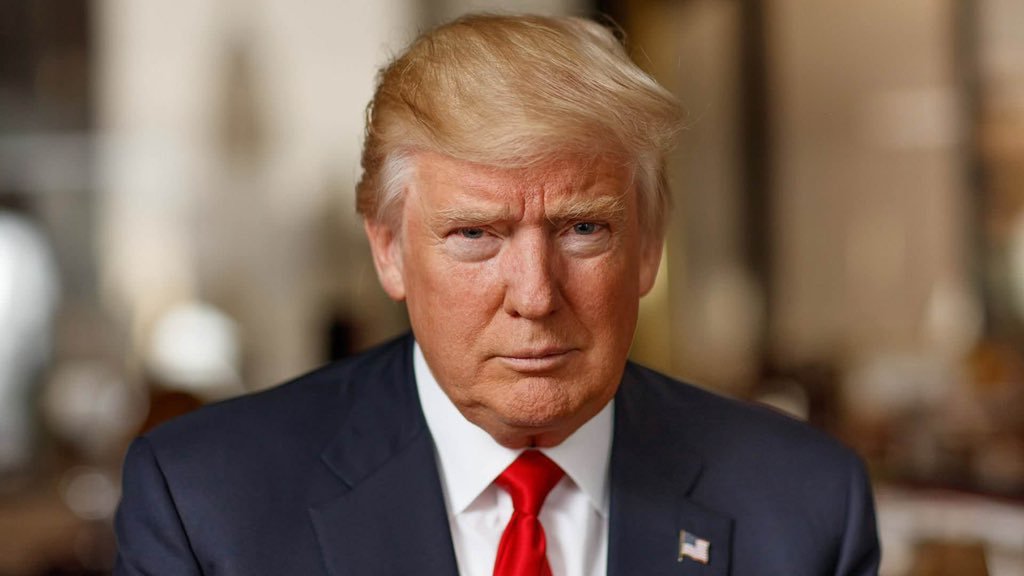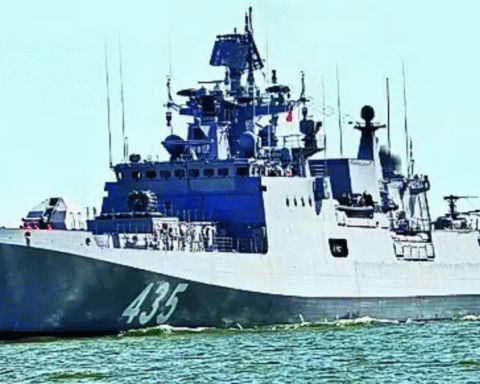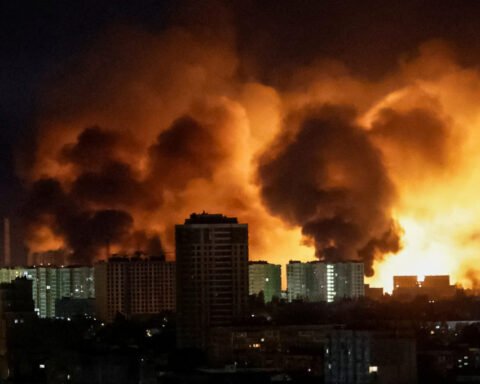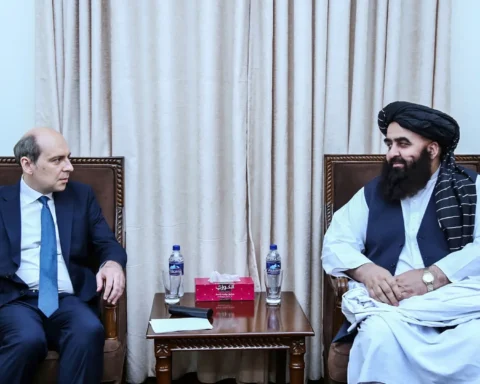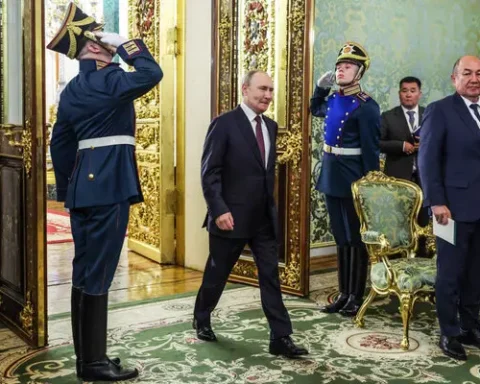U.S. President Donald Trump has once again taken aim at European nations, accusing them of spending more on Russian oil and gas than on supporting Ukraine in its ongoing conflict with Russia.
His remarks have reignited debates over Europe’s energy dependence and defense commitments.
Trump’s Criticism of European Priorities
Speaking at a recent event, Trump expressed frustration over what he sees as an imbalance in Europe’s spending habits. “Europe has spent more money buying Russian oil and gas than they have spent on defending Ukraine—by far,” he remarked. His statement underscores concerns about Europe’s energy security and its financial priorities during a time of war.
How Much Is Europe Spending on Russian Energy?
Reports indicate that despite sanctions and efforts to reduce reliance on Russian energy, some European countries continue to import significant amounts of oil and gas from Moscow. Data from the Centre for Research on Energy and Clean Air (CREA) shows that in 2024 alone, the European Union spent roughly €21.9 billion on Russian fossil fuels, while committing about €18.7 billion in financial and military aid to Ukraine.
The numbers suggest that even with strong rhetoric against Russia, European nations remain financially tied to its energy resources. Critics argue this undermines the effectiveness of sanctions and raises ethical concerns about indirectly funding Russia’s economy while trying to support Ukraine.
Calls for Increased Defense Spending
Trump’s comments have added to growing calls for Europe to boost its defense budgets. NATO has repeatedly urged member states to meet the alliance’s defense spending target of 2% of GDP. While some countries have increased military investments, others lag behind, fueling frustrations among U.S. leaders who believe Europe should shoulder more of the burden.
Also Read; UK Announces $2.8 Billion Loan to
Ukraine
Some European officials argue that the transition away from Russian energy is complex and cannot happen overnight. Countries like Germany, which heavily relied on Russian gas, have been investing in alternative energy sources, including liquefied natural gas (LNG) from the U.S. and renewable energy projects.
Energy Security vs. Political Pressure
For years, the U.S. has pressured Europe to cut ties with Russian energy. The Trump administration was particularly vocal in opposing projects like Nord Stream 2, a now-abandoned pipeline designed to transport gas directly from Russia to Germany. The argument was that such projects increased Europe’s dependence on Russian energy, giving Moscow economic leverage.
The war in Ukraine has accelerated Europe’s shift toward energy independence, but the process remains slow. Some countries still struggle to secure alternative suppliers, making short-term reliance on Russian resources difficult to avoid.
What Happens Next?
Trump’s remarks are likely to fuel further discussions about Europe’s role in the Ukraine conflict and its long-term energy strategy. While some leaders acknowledge the need to increase defense spending and reduce reliance on Russian energy, economic realities make the transition challenging.
With the war in Ukraine ongoing, Europe faces tough decisions: how to balance energy security, economic stability, and military commitments without compromising its stance against Russian aggression. Whether Trump’s criticism leads to policy changes remains to be seen, but it has once again highlighted the complexities of the situation.
